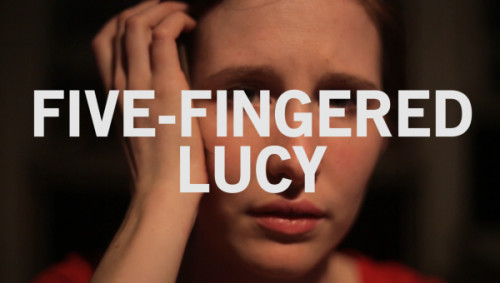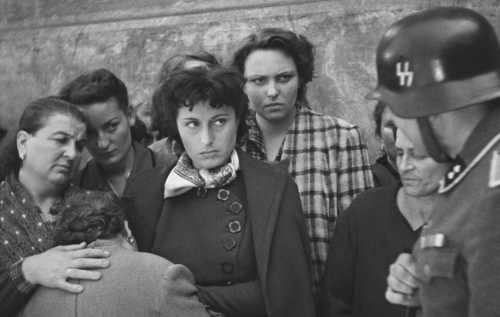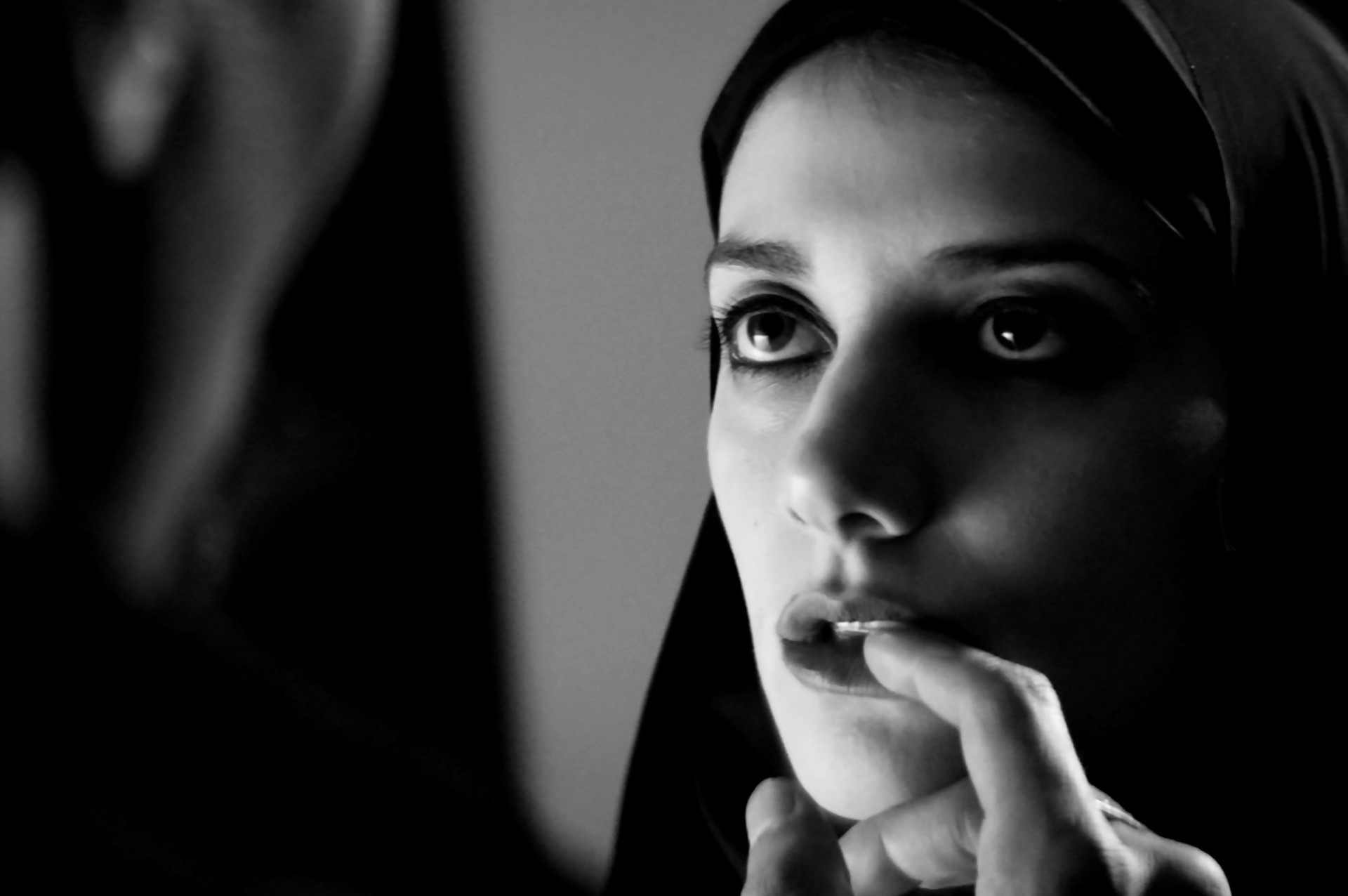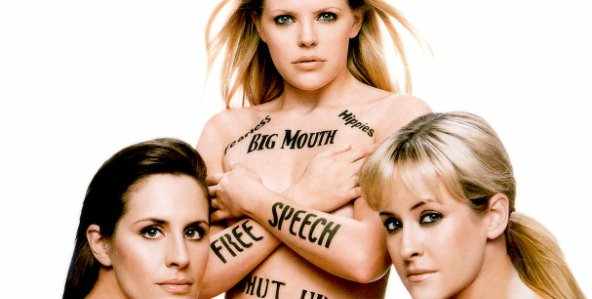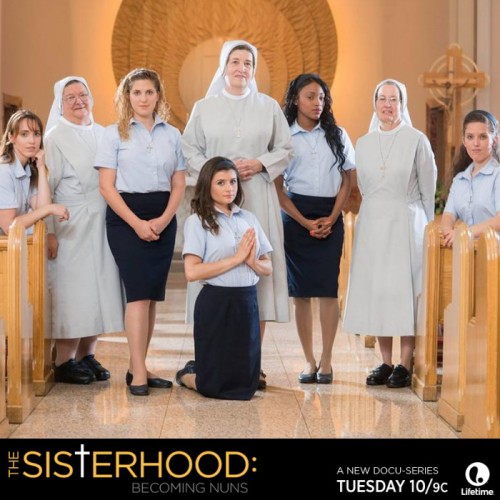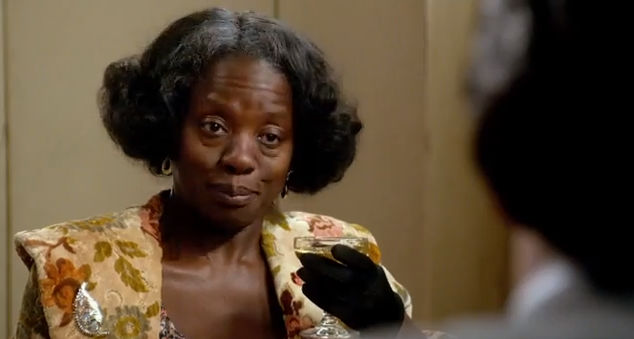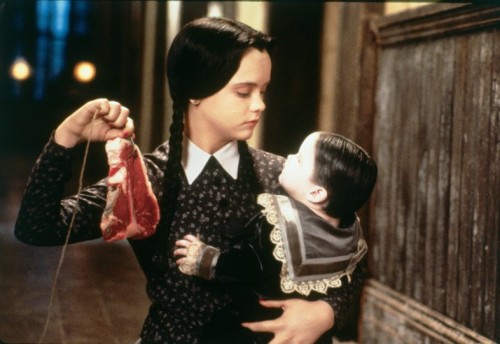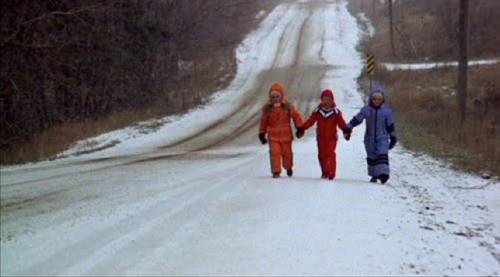Seed & Spark: Writing Women
So, where does that leave us? There are the dismal numbers, all laid out, Hollywood’s claims that it can’t take risks, that women are a financial liability (though they buy the majority of movie tickets), or that the few female execs that climb to the top can’t or won’t pull other women up with them. But on the micro-level, this is about individual decisions each woman makes when she allows a story she wrote to be usurped as it transfers to the screen, or takes a part, no matter how fantastic, that is written and directed by a man.
